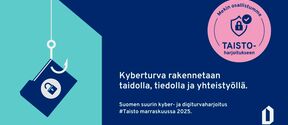I Our responsibility for people
We want every community member to feel welcome and safe.

The Aalto University Code of Conduct contains the ‘fair play rules’ of our university community. The code helps us make ethically sound choices and gives practical examples of actions that are in line with our values.
First introduced in 2017, the Code of Conduct was updated in 2021 to correspond to our reformulated values and the changes that have reshaped our operating environment.

President Ilkka NiemeläOur ethical principles will only be of use if we genuinely adhere to them in our daily life and actions.
On these pages, you can also find useful tips and links to further information

We want every community member to feel welcome and safe.
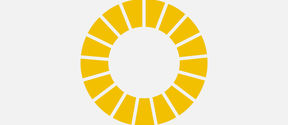
We are committed to advancing sustainability through research, education, campus development and daily practices. We strive to engage also our partners.
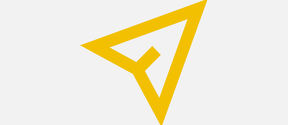
Our teachers have the freedom to teach, researchers have the freedom to research and students have the freedom to learn.

We are committed to performing all our activities with integrity and promoting fair and honest practices.
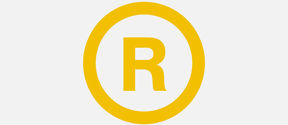
Aalto University accepts donations that help fulfil our community’s purpose. Our fundraising principles are based on respect for the dignity of the donor’s will, ethics and integrity.
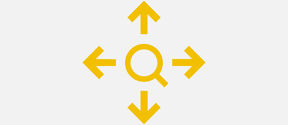
We advance responsible and innovative data usage practices and culture in order to build data driven operations and to maximise the value of data in all activities of Aalto University. We value the transparency and openness of data.
At Aalto University we value dialogue. Even though the right choices are not always immediately evident, we hope all community members will help develop our organisation by engaging in constructive discussion on difficult issues.
The Code of Conduct touches all of us at Aalto University. That means everyone, from students to employees and board members, as well as people who work for Aalto-owned companies, need to abide by the Code.
Social responsibility is important to us and we seek out like-minded partners. Our suppliers and other partners should comply with laws and conduct their operations according to principles that are similar to our Code.

Social responsibility is important to us and we seek out like-minded partners.

We want Aalto to be a place where everyone can speak up when something seems off.

Aalto University provides training for employees on Code of Conduct and values, on equality, diversity and inclusion as well as on cyber security and data protection.

We are committed to foster an empowered community where everyone feels a sense of belonging and thrive by working together

Aalto University's purpose is to shape a sustainable future. At Aalto, we create solutions that enable well-being within the planetary boundaries.

Here you will find information regarding Aalto University’s organisation, various operators, management processes, operational principles and the guiding rules and policies of our operations.


